KWENTONG TAGUMPAY
TSPI Clients Chosen for CMA COVID-19 Rehabilitation Support Program
The 2020 Citi Microentrepreneurship Awards (CMA) uniquely recognized outstanding Filipino micro entrepreneurs through its COVID-19 Rehabilitation Support Program. Through this program, past winners of CMA are given financial assistance of not more than Php 50, 000 to support their microenterprises affected by the pandemic. The fund may be used as additional capital for their existing businesses or as seed capital for alternative income-generating activities or new microenterprise ventures. In addition, financial recovery planning sessions and monitoring of rehabilitation progress will be conducted by the Microfinance Council of the Philippines, Inc. (MCPI) to support the selected recipients.
Last July 31, 2020, TSPI nominated six of its nine CMA past awardees for this year’s CMA. On September, TSPI received the good news from MCPI that all six nominees were chosen for the rehabilitation support program. Four clients were recipient of grants amounting to Php 50, 000 each and two received Php 20,000 each. TSPI family is so grateful, in behalf of the clients. This certainly brought hope to them and to other clients who will hear and be inspired by their stories:
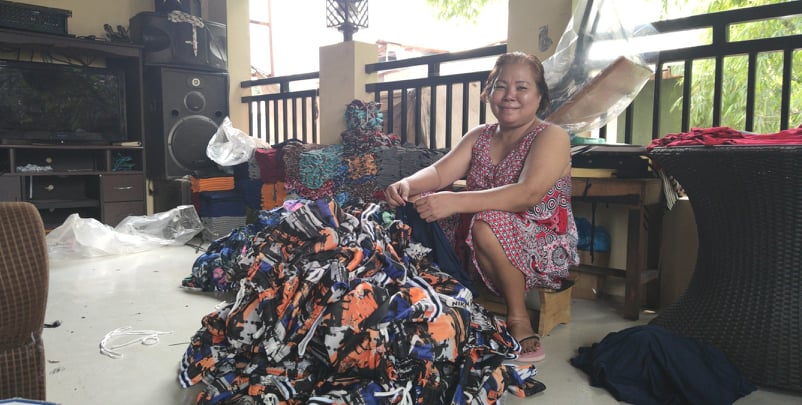
Corazon Bautista / Antipolo 2 Branch
Deliveries and orders of ready-to-wear (RTW) garments were abruptly curtailed because of travel restrictions. Most of her workers went home to their provinces. Her garment supplier, who is also affected by the pandemic could no longer offer her a credit line. To sustain her business, she promoted her products from nearby areas and resorted to producing of cloth face masks.
Dyna Mendoza / San Carlos Branch
She produces doormat and rags which are considered essential items. Hence, her business grew during the pandemic. The increase in demand due to expansion of her market challenged her to deliver to farther areas. She invested in a delivery vehicle to continue expanding her market.
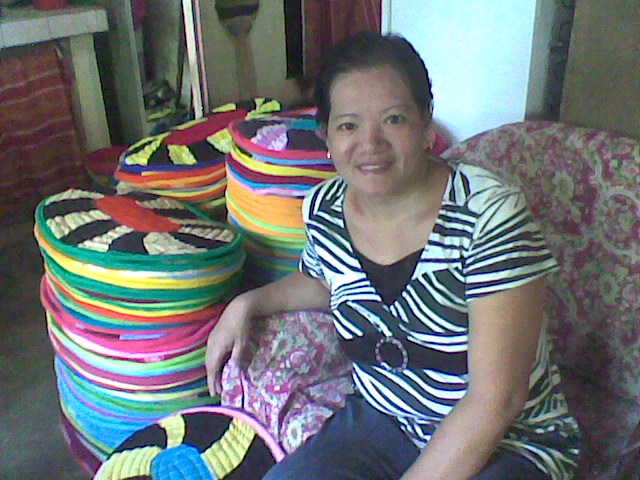
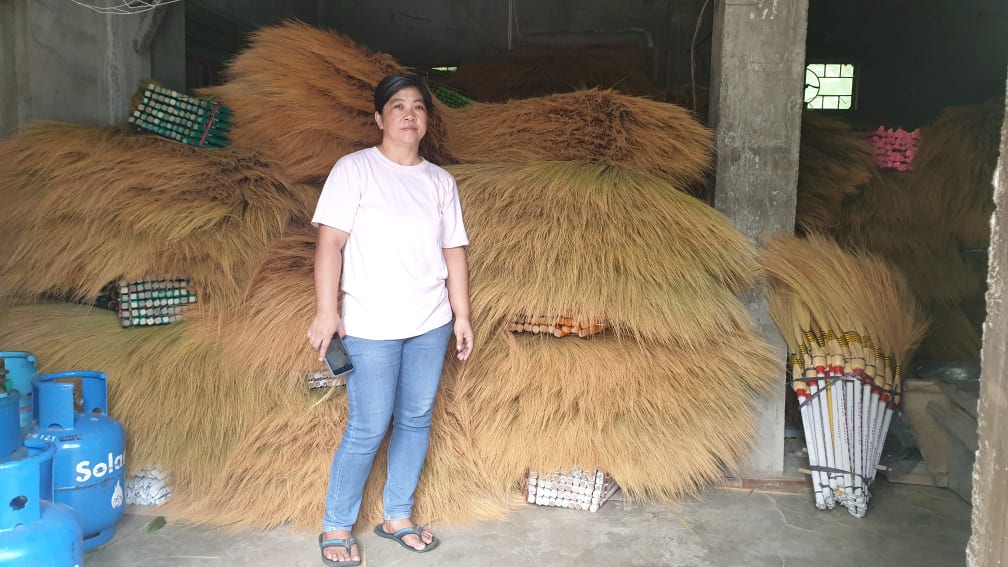
Marylyn Cleto / Naguilian Branch
Her mini grocery business was greatly affected by the limited “window hours” of the consumers and people also have limited income to buy goods during quarantine. Her broom buy and sell business also declined thus, her suppliers, the broom-makers from the community, were also affected. In order to help, she resorted to “barter system”. She traded goods available in her mini-grocery for brooms, even though she could not sell as many brooms during the pandemic.
Milagros Hiyas / Siniloan Branch
Most of the customers in her furniture business are walk-in. Since stores are temporarily closed and going out is restricted during lockdown, her income declined. She focused more on manufacturing nipa huts for gardens and backyards. Surprisingly, there were buyers even during lockdown as they learn to promote their nipa huts through social media.
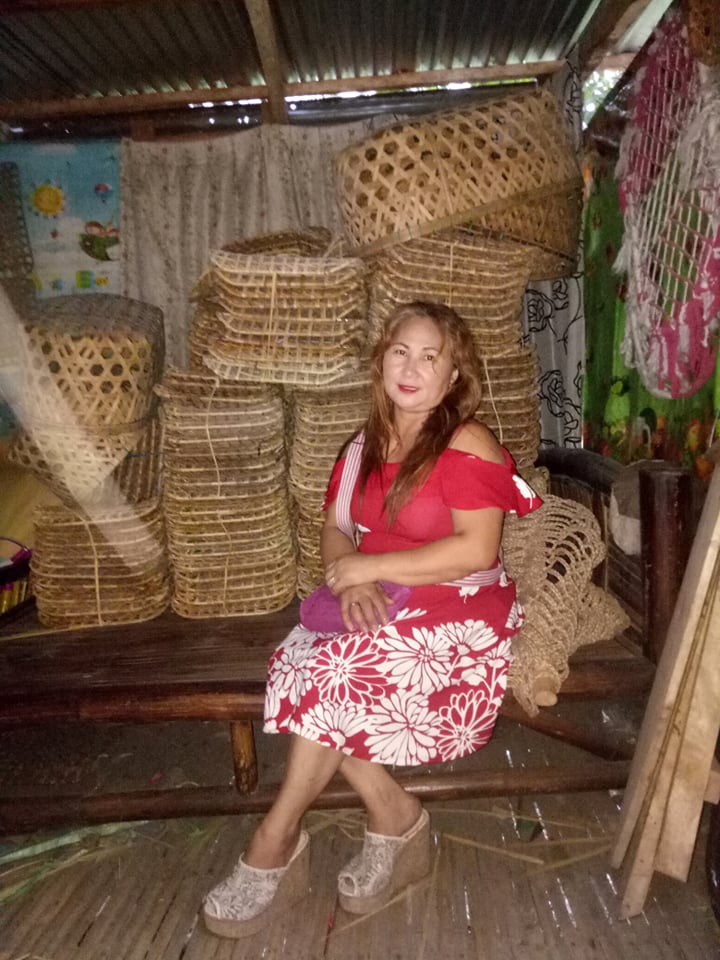
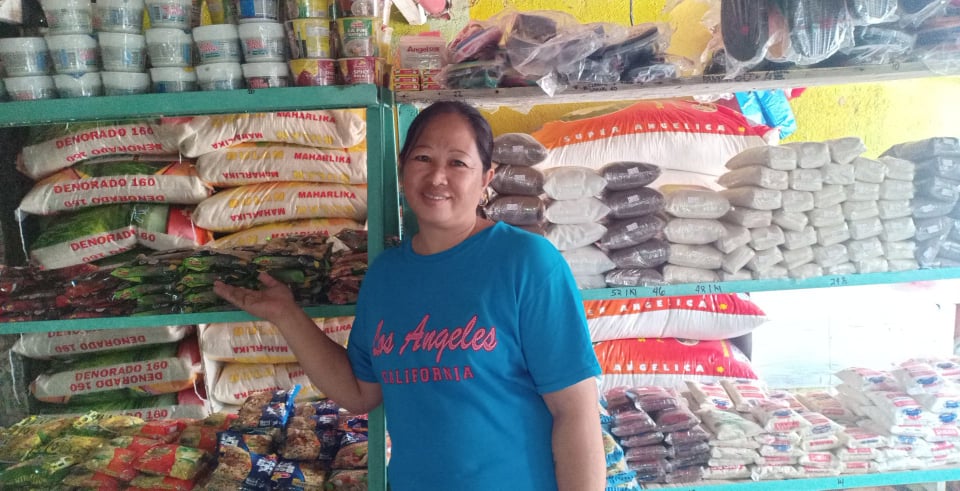
Rowena Manalo / Las Pinas Branch
Restrictions on social gatherings prohibited nanay Rowena to continue her events organizing and props designing business. She also closed her woodcraft shop as her props stockroom because she could no longer afford the rent. She diverted to a more essential business that generates regular profit which is sari-sari store and a mini wet market.
Teresita Valdez / San Jose Del Monte Branch
Even before pandemic, the client struggled in processing her FDA (Food and Drug Administration) permit and other documentary requirements. This limited her to supply to more restaurants and to continue exporting her product. During the pandemic, her customers (mostly restaurant owners) stopped ordering from her. Even with the little amount of order, she was able to sell her products in nearby places to sustain their daily needs and to continue supporting her workers.
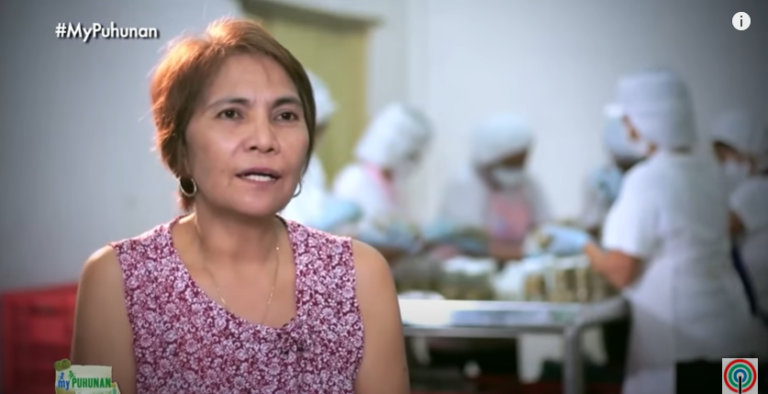
“The mission goes on…” is the message in TSPI’s Facebook page profile cover for 2020. It has strongly set the year’s inspiration, without knowing the struggles that will beset 2020. TSPI like every organization struggled but immediately found its way to reconnect with both clients and employees with just a click away! The pandemic has taught us to be adaptive to the “new normal” without sacrificing efficiency and effectiveness. Maximizing online platforms have become one of TSPI’s new strategies to continue reaching out.
